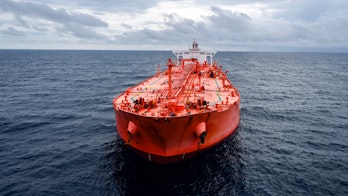
Oil
Why is oil important?
Global oil demand rebounded in 2021 from its Covid-induced historic decline but its longer-term outlook is uncertain because of challenges from alternative fuels and changing behaviour of drivers and commuters. Oil use for transportation could go into decline in 2026, and while oil’s role as a key ingredient in plastics and other chemicals will continue to drive global consumption, peak demand could be in sight after 2028.
Why does oil matter to energy security?
IEA member countries have an obligation to hold oil stocks equivalent to at least 90 days of net oil imports and to be ready to collectively respond to severe supply disruptions affecting the global oil market, such as Russia's invasion of Ukraine. As oil is expected to remain a major component of global energy demand for the coming decades, particularly for the transportation sector, maintaining the IEA emergency response capability will continue to remain essential.
What is oil's role in clean energy transitions?
The oil market today is grappling with huge near-term and long-term uncertainties. Based on existing policy settings, growth in world oil demand is set to slow markedly over the next several years as the energy transition advances. In the Net Zero Emissions by 2050 Scenario, behaviour changes and increases in low‑emissions liquid fuels mean oil demand barely increases to 2030.
Oil 2023
The global energy crisis has moved energy security to the fore of the international policy agenda and boosted the momentum behind the deployment of clean energy technologies. Investment in clean energy is accelerating at a faster rate than for fossil fuels, helping bring peak oil demand into view. Oil 2023, the IEA’s medium‑term outlook, provides a comprehensive overview of evolving oil supply and demand dynamics through to 2028.
